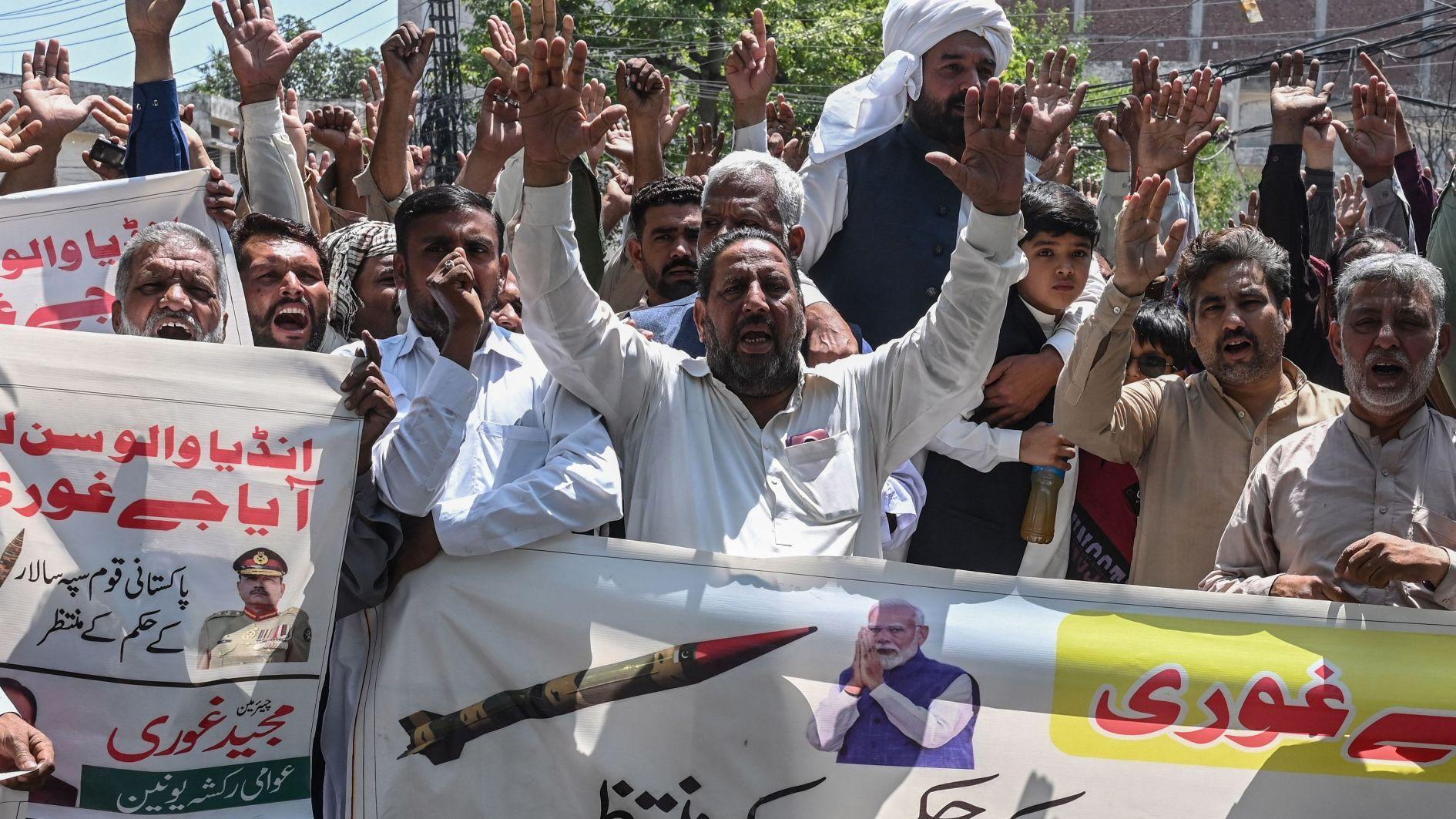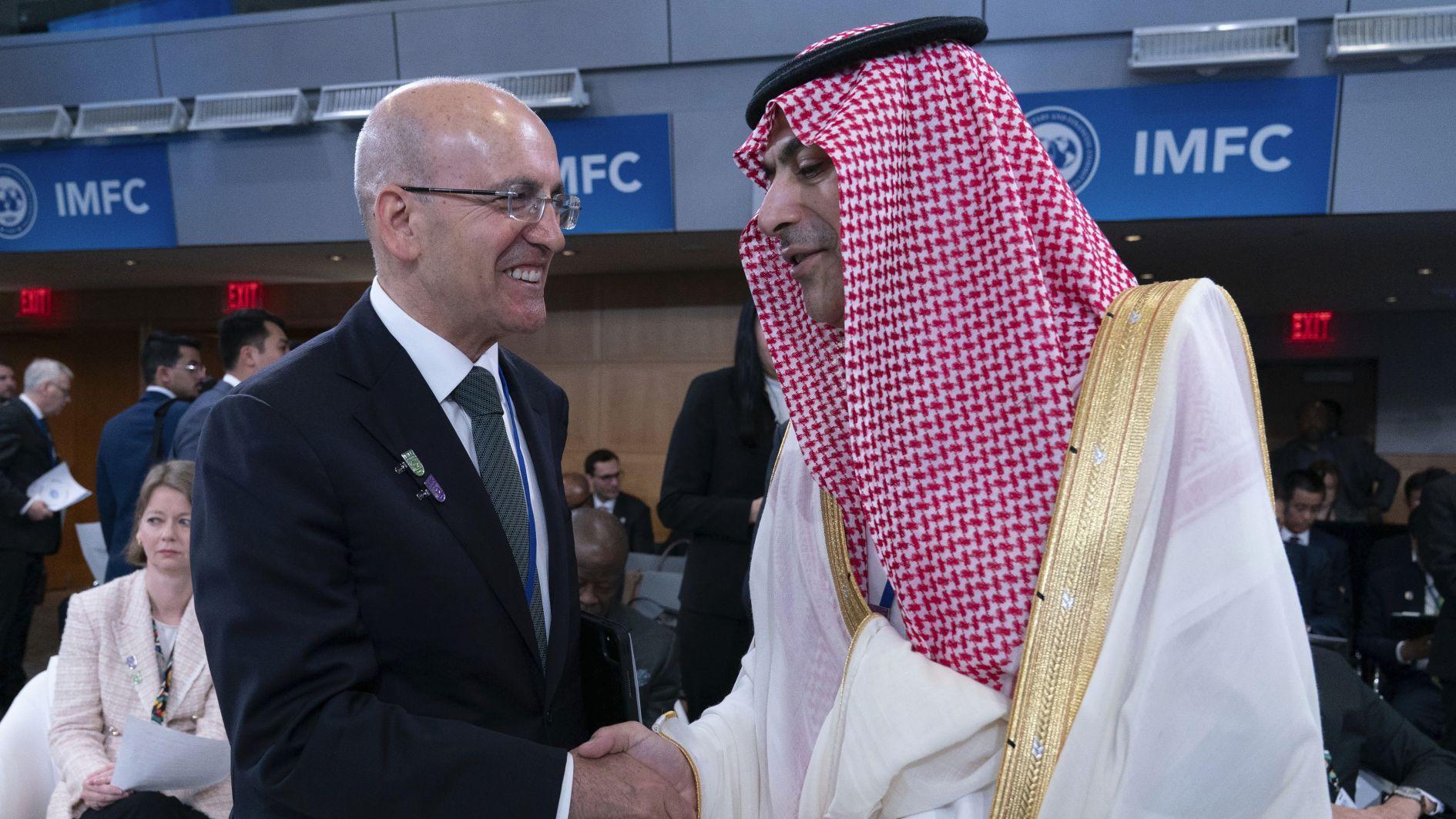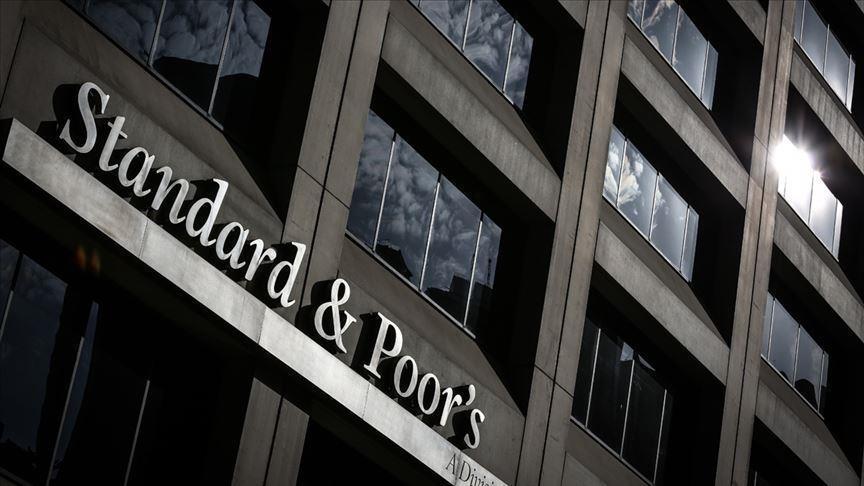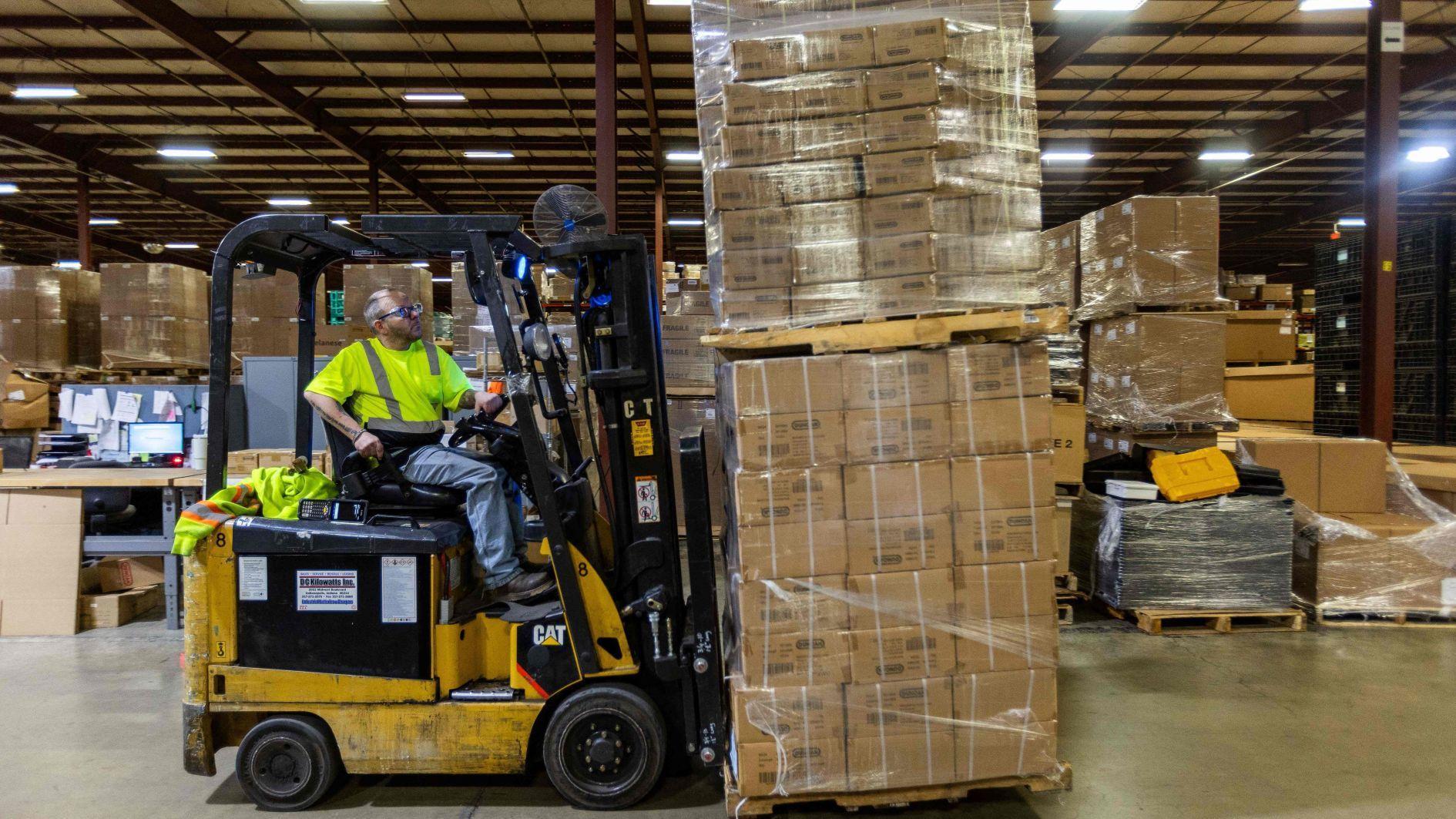Unsure of US, Asia builds new alliances against China
SINGAPORE - Reuters
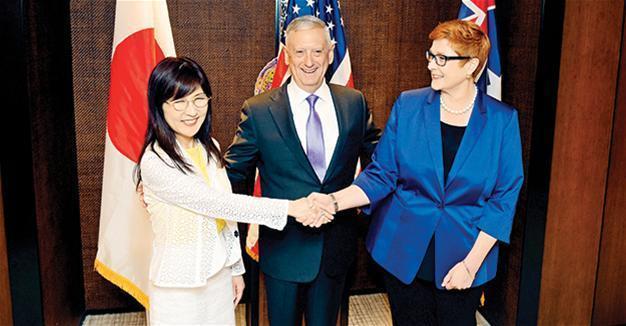 Several Asian nations are seeking to bolster informal alliances among themselves, regional diplomats and officials said, unsettled by growing fears that the United States could not be relied on to maintain a buffer against China’s assertiveness.
Several Asian nations are seeking to bolster informal alliances among themselves, regional diplomats and officials said, unsettled by growing fears that the United States could not be relied on to maintain a buffer against China’s assertiveness.Countries including Australia, Japan, India and Vietnam are quietly stepping up discussions and cooperation, although taking care they do not upset Beijing, the diplomats said. No one was yet talking about a formal alliance.
Inaugurating the weekend Shangri-La Dialogue, the region’s premier security forum, Australian Prime Minister Malcolm Turnbull said: “In this brave new world we cannot rely on great powers to safeguard our interests.
“We have to take responsibility for our own security and prosperity, while recognizing we are stronger when sharing the burden of collective leadership with trusted partners and friends.”
His comments resonated through the three-day meeting that ended on June 4.
Regional officials and analysts said there was growing mistrust of the administration of U.S. President Donald Trump, especially because of his withdrawal from the Trans-Pacific Partnership (TPP) on trade and then, last week, the pullout from the Paris climate accord.
Many fear Trump is signaling a deeper retreat from a traditional U.S. security role that has underpinned the region for decades.
U.S. Defense Secretary Jim Mattis told the Singapore forum that Washington remained committed to the region and insisted it would oppose China’s militarization of the disputed South China Sea, one of Asia’s most volatile hotspots.
Regional officials said they were worried by Trump’s unpredictability and concerned that his warm praise of Chinese President Xi Jinping after their first summit meeting in April would influence any decisions on Asia.
“We trust Mattis and we trust [U.S. Pacific Commander Harry] Harris but at the very top? The trust gap is very wide,” said one senior Asian military officer.
“Our fear is driven by the reality that it is only the U.S. that is powerful enough to set red lines with China.”
Malaysian Defense Minister Hishammuddin Hussein said Asia was still trying to figure out Trump’s policy in the region.
“I would like to know very clearly what are the true intentions of the new administration,” he said.
In broad terms, Singapore Defense Minister Ng Eng Hen confirmed accelerated cooperation among partners, but he also said he welcomed Mattis’ reassurances.
“Countries look at the landscape and you adjust, and that’s what good leadership does...you put yourself in a position so if there are changes, you are not caught completely off-guard,” Ng said at a news conference on June 4.
Australia, New Zealand, Britain, Malaysia and Singapore re-energized their Five Powers Defense Agreement at the weekend, with officials saying they wanted to better link new military capabilities, as well as boosting counter-terrorism efforts and maritime security.
Tim Huxley, a regional security expert, wrote in a newspaper article last week that the five countries needed to improve the inter-operability of their militaries as the regional balance of power shifted.
While China was becoming richer and more assertive, U.S. strategy and policy had entered “a period of, at best, uncertainty under President Donald Trump”, he said.
“Amid this uncertainty, most states in the region are seeking to increase their military capabilities.”
India did not send a government delegation to the Shangri-La forum but has been active in strengthening cooperation in the region.
It sent four ships and a P-8 Poseidon maritime patrol aircraft to naval exercises with Singapore last month, and is discreetly improving Vietnam’s defenses. Several Indian defense companies attended the International Maritime Defense Exhibition and Conference in Singapore last month, including the manufacturers of short-range missiles.


